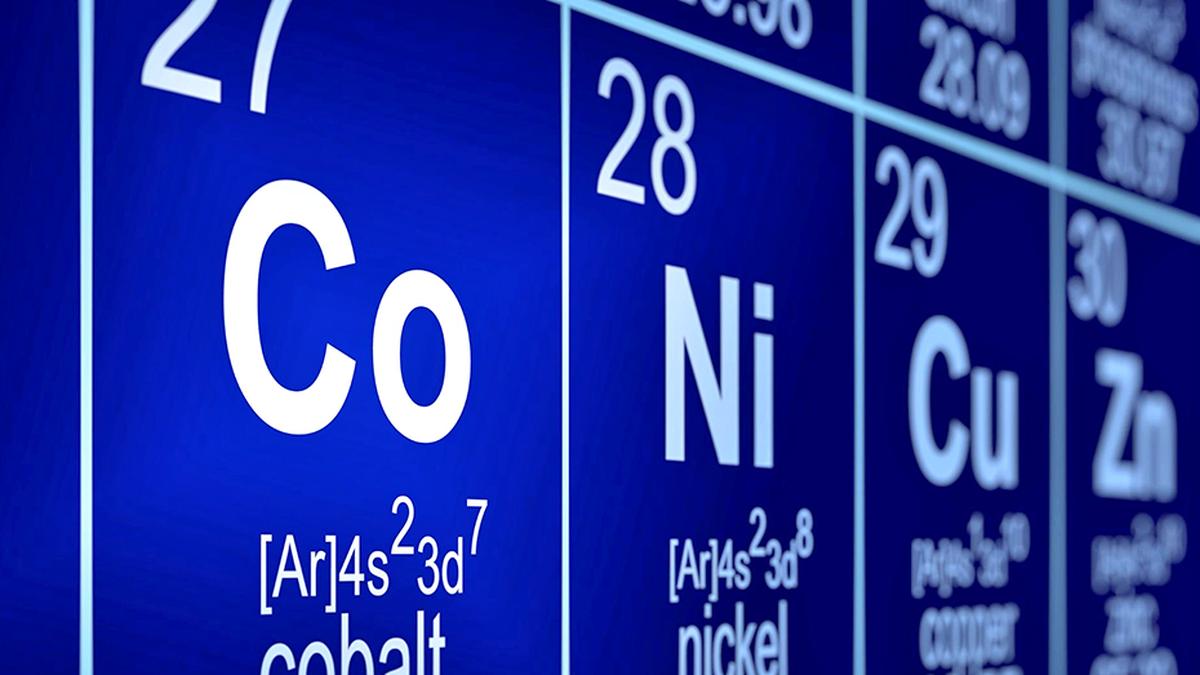
Energy transition: India remains highly dependent on imports of critical minerals, says report
The Hindu
India's heavy reliance on mineral imports for energy transition highlights the need for strategic sourcing and domestic production.
India remains highly dependent on imports for minerals critical to accelerating its energy transition, with a full reliance on shipping in lithium, cobalt and nickel, according to a report released Monday (October 28, 2024).
The report, published by the Institute for Energy Economics and Financial Analysis (IEEFA), said that India’s demand for critical minerals is expected to more than double by 2030, while domestic mining operations may take over a decade to start producing.
It stresses that India needs a carefully crafted import strategy to mitigate potential trade risks while balancing international relationships to secure these essential minerals.
IEEFA’s report examines five critical minerals (and their compounds) — cobalt, copper, graphite, lithium and nickel — from the perspectives of import dependency, trade dynamics, domestic availability, and global price fluctuations.
The findings show that India remains largely import-dependent for these minerals and their compounds, with 100% import reliance for minerals like lithium, cobalt, and nickel.
"India should strive to de-risk its critical mineral sourcing by identifying new international resources and expediting domestic production. A concerted effort to partner with and foster bilateral relations with mineral-rich nations should be a priority for India,” said the report’s co-author, Charith Konda, Energy Specialist, IEEFA.
"The country can also explore investment opportunities in resource-rich, friendly nations, such as Australia and Chile, as well as African countries like Ghana and South Africa,” he added.

Udhayanidhi Stalin urges cadres to launch campaign for securing 200 seats in 2026 Assembly elections
Udhayanidhi Stalin urges DMK members to gear up for 2026 Tamil Nadu elections, aiming for 200 seats.










